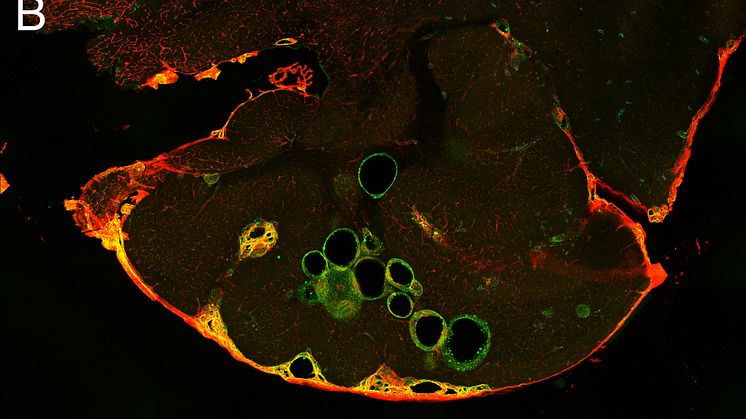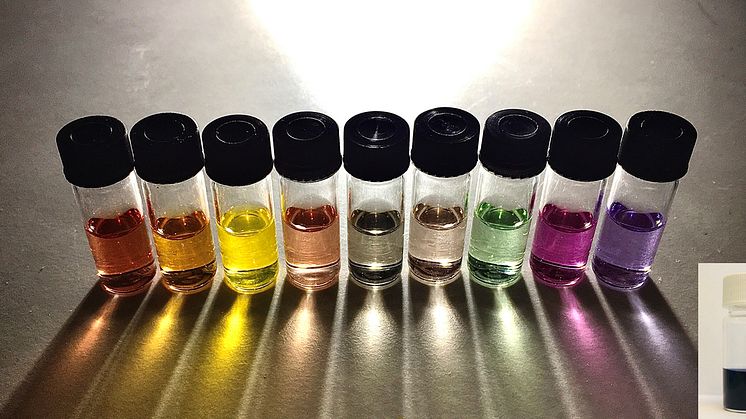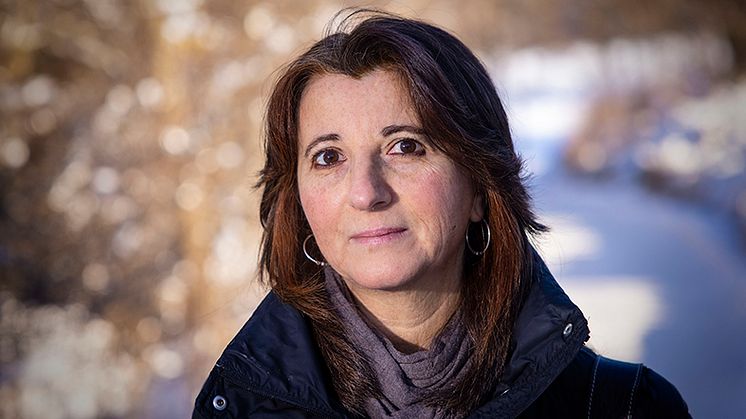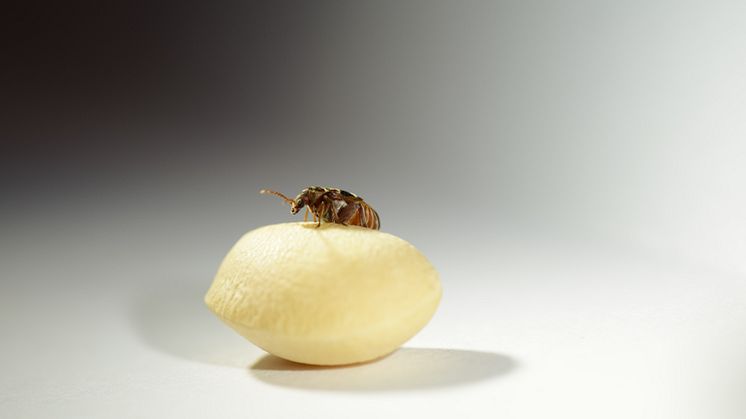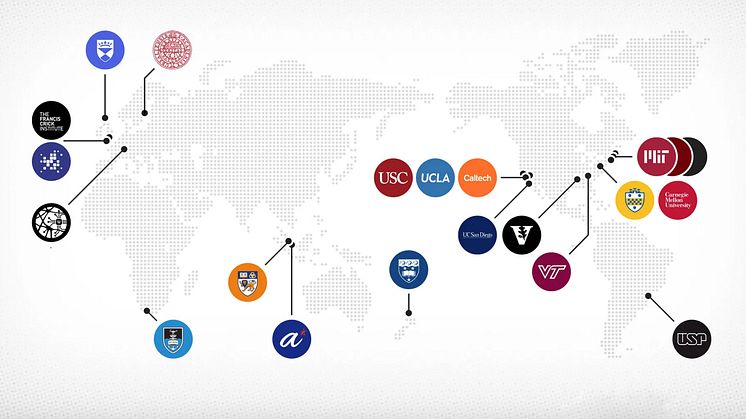Beta blockers can repair malformed blood vessels in the brain
Propranolol, a drug that is efficacious against infantile haemangiomas (“strawberry naevi”, resembling birthmarks), can also be used to treat cerebral cavernous malformations, a condition characterised by misshapen blood vessels in the brain and elsewhere. This has been shown by researchers at Uppsala University in a new study published in the scientific journal Stroke.
